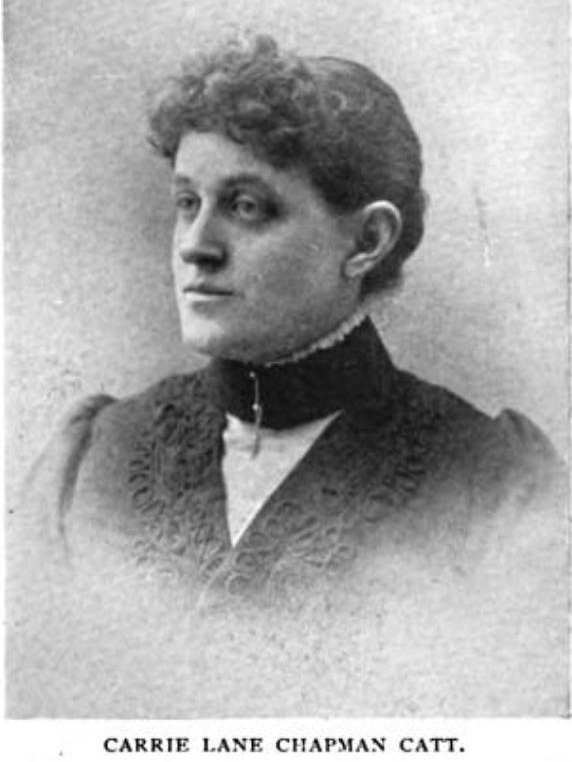There’s a claim that pops up occasionally in feminist circles: That when it comes to equal rights/opportunities, women always come last. At least in the context of race, this is simply not true.
The most common evidence cited for this proposition is the discrepancy between the 15th Amendment and the 19th Amendment. The former, banning the restriction of voting on the basis of race, was ratified in 1870 while the latter, banning the restriction of voting rights on the basis of gender, was not ratified until 1920. That fifty years is significant but far from the whole story of voting rights.
First, we must recognize that the 15th Amendment was largely forced on the South. It is far from the case that this was a widely accepted social affirmation of a belief in black equality. Rather, it is best seen as part of an attempt by a triumphant North to limit the political power of their southern white opponents. In any case, after 1877 (just seven short years later), the federal government abandoned the project and stopped enforcing the amendment, leaving it up to states to restrict the vote as they saw fit.
Ironically, this flexibility is what made space for women’s suffrage in the West. As western states formed, they were given much more freedom to set their own voting standards. While many of these states chose to extend the franchise to women, they simultaneously enacted severe racial restrictions. For instance, under it’s new constitution in 1878, California barred anyone descended from a person loyal to the emperor of China from voting, a pathetic attempt to skirt the letter of the 15th Amendment. Many women’s suffrage opponents adopted explicitly racist arguments, declaring that women’s votes were necessary as an offset to those of immigrants and blacks, who had been enfranchised with ill-advised haste. (I cringe at the way this echoes the current claim about timing.)
Finally, ratification of the 19th Amendment permanently enfranchised women in a way that was simply not the case for African Americans. Never since then have women experienced serious attempts to re-curtail their access to the ballot along gender lines. The achievement of this permanent right actually coincided with a nadir of black voting rights. Not until after the 1965 Voting Rights Act did blacks, especially in the South, gain firm footing on the matter of suffrage. And recent set-backs have again undermined the right to vote along racial lines.
None of this is meant to diminish the actions of those who fought so long and valiantly for women’s rights. Many of them also fought for abolition and racial equality, only to feel that their own goals were sidelined with the Civil War and Reconstruction. But the idea that women are always last is too closely aligned with the the racial arguments for suffrage adopted in the early 20th century and too simplistic to make me comfortable as a historian. American equality is messy and complicated and prone to reversals and fraught with danger. An over-simplified reading of these processes can only contribute to greater obstacles in the future.
Latest posts by Jason LaBau (see all)
- Take Down the Confederate Monuments - August 14, 2017
- The Democratic Split - August 10, 2015
- On Lincoln and Our Second Founding - July 6, 2015

